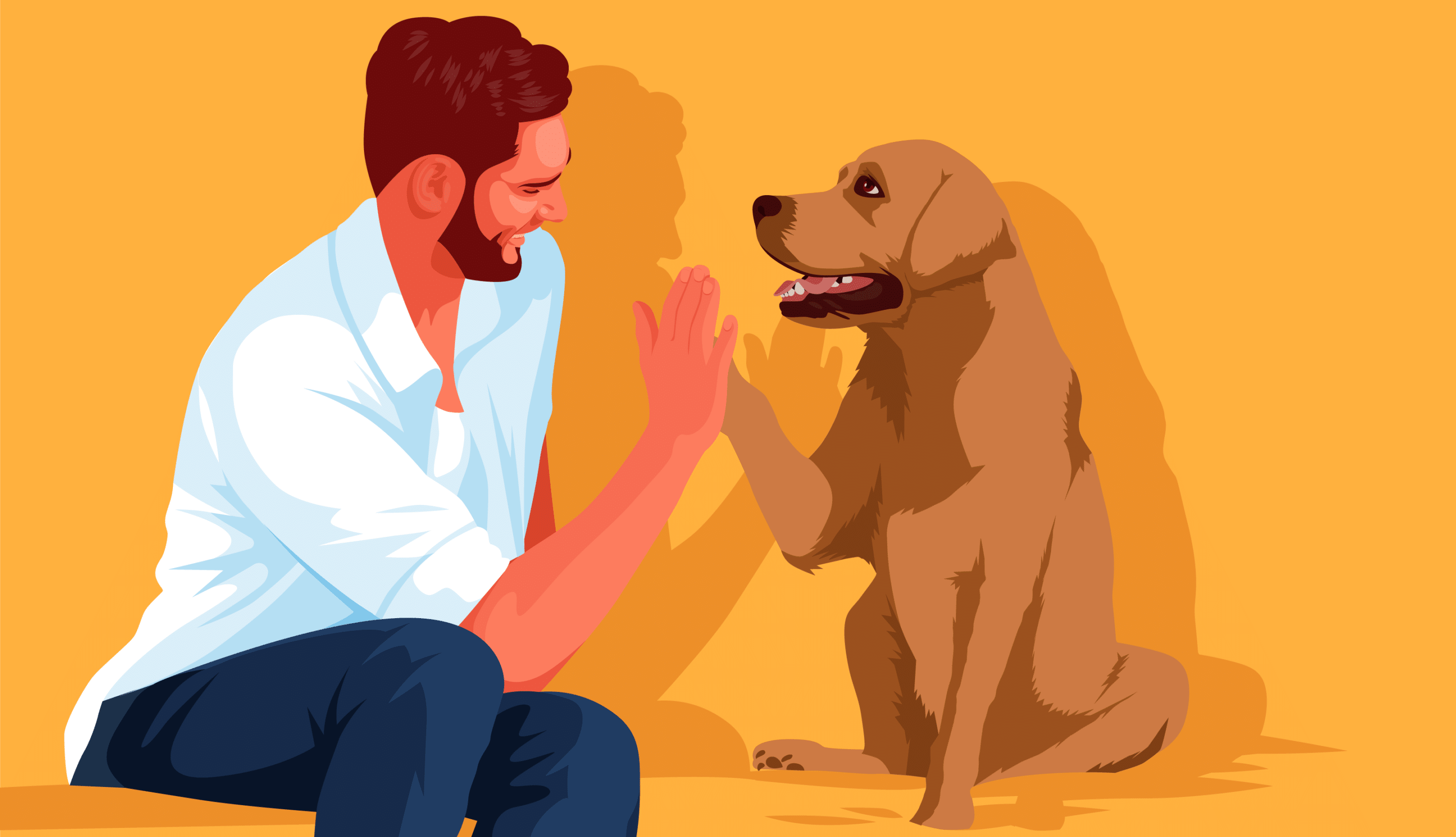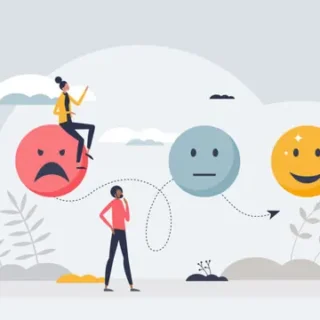
From the dawn of civilization to the digital age, humans have formed deep and meaningful relationships with animals. Pets are far more than companions; they are emotional anchors, trusted confidants, and silent healers. Whether you live with a loyal dog, a curious cat, or a chirping bird, the psychological benefits of pets are both powerful and scientifically proven.
Companionship That Soothes the Soul
One of the most profound effects of having a pet is the emotional comfort they provide. Pets are always present, always listening, and never judgmental. They become emotional supports during life’s highs and lows. For people suffering from anxiety, depression, or chronic stress, spending time with a pet often brings immediate relief. Touching or petting an animal lowers cortisol levels while increasing dopamine and oxytocin—the “happiness hormones.”
Combating Loneliness with a Wagging Tail
In a world where digital interaction is replacing face-to-face contact, loneliness has become a silent epidemic. Pets offer a powerful antidote. They provide constant presence, encourage daily routines, and promote social interactions. Dog owners, for instance, are more likely to strike up conversations with neighbors or strangers during walks. This unintentional social catalyst can help people build real human connections and a sense of community.
Pets and Depression: A Natural Lift
Numerous studies have shown that pets can be particularly helpful for those battling depression. The responsibility of caring for another living being introduces structure to daily life and serves as a distraction from negative thought patterns. Feeding a cat or walking a dog may seem like small tasks, but they give meaning and momentum to otherwise empty days. This sense of purpose can help lift people out of mental darkness.
The Role of Pets in Stress Management
Life’s stressors are unavoidable—but how we handle them can make all the difference. Pets help people manage stress through physical interaction, routine, and affection. According to the Cleveland Clinic, petting an animal for just 10 minutes can significantly reduce stress markers in the body. This is one reason therapy animals are now commonly used in schools, hospitals, and workplaces.
Teaching Children Empathy and Responsibility
When children grow up with pets, they learn about empathy, patience, and responsibility from an early age. Caring for animals helps them develop nurturing skills and understand that other living beings have needs too. Studies have shown that children who have pets tend to be more emotionally intelligent and perform better in cooperative activities at school. For children with autism or behavioral issues, therapy animals have been shown to improve communication and social skills.
Aiding the Elderly: Pets as Emotional Lifelines
Older adults often experience isolation, especially after retirement or the loss of a spouse. Pets fill this emotional void, offering routine, affection, and even motivation for physical activity. Dogs, in particular, encourage older adults to stay active, while cats offer quiet companionship. Several assisted living facilities now include therapy animals or allow residents to bring pets because they have a measurable effect on well-being and longevity.
How Pets Help People with PTSD
For individuals suffering from post-traumatic stress disorder (PTSD), pets can offer a grounding presence. Specially trained emotional support dogs can sense distress and provide physical comfort during panic attacks. Even untrained pets, simply through their affection and loyalty, can help individuals regain trust and establish emotional safety. According to the National Center for PTSD, pet ownership may reduce symptoms of anxiety and emotional numbness in veterans and trauma survivors.
Enhancing Mindfulness and Present-Moment Awareness
Mindfulness is the art of being fully present—and pets are naturally mindful beings. They don’t worry about tomorrow or ruminate on yesterday. Whether it’s a cat lounging in the sun or a bird chirping without concern, animals help bring us into the now. Engaging with pets encourages mindfulness and can help reduce obsessive thinking or rumination, which are common in anxiety and depression.
Pets as Emotional Mirrors
Many pet owners report that their animals seem to “sense” their mood. Dogs might rest their head on your lap when you’re sad, while cats may purr more when you’re relaxed. This emotional feedback loop enhances self-awareness. By observing how pets respond to our emotional states, we become more in tune with ourselves. This self-awareness is a cornerstone of emotional intelligence.
Pet Ownership and Self-Esteem
The unconditional love from a pet can be a major boost for self-worth. Whether you’ve had a rough day or made mistakes, your pet greets you with affection. This unwavering acceptance fosters resilience and confidence. Pet owners often describe feeling “needed” and “valued,” which strengthens their sense of purpose—especially during emotionally difficult periods.
Animal-Assisted Therapy: Professional Healing Through Pets
Animal-assisted therapy (AAT) has grown into a recognized field of mental health treatment. Trained therapy animals, especially dogs and horses, are used in structured sessions to help individuals cope with trauma, grief, and emotional regulation. AAT is used in hospitals, schools, prisons, and counseling offices and is particularly effective with children and individuals on the autism spectrum.
Grief and Healing After Losing a Pet
While the psychological benefits of pets are abundant, the loss of a beloved pet can be deeply traumatic. Grieving a pet is valid and necessary. It’s a testament to the emotional bond shared. Psychologists recommend creating rituals of remembrance, such as writing letters, planting trees, or creating scrapbooks. Support groups and pet loss counseling can also help people process this specific form of grief.
The Science Behind the Bond
Neurologically, the human-animal bond triggers many of the same brain responses as parent-child bonding. Oxytocin levels rise, heart rates drop, and a sense of calm pervades. The relationship between a person and their pet is mutual—animals benefit emotionally from human interaction too. The trust and affection exchanged in this bond have a measurable impact on both parties.
Pets and Identity: More Than a Lifestyle
Pet ownership becomes part of how people see themselves. For many, their dog, cat, or bird isn’t just an animal—it’s part of their family and even their personal identity. This bond can reinforce positive personality traits like nurturing, empathy, playfulness, and even discipline.
FAQ About the Psychological Benefits of Pets
Q1: How do pets help reduce stress?
Q2: Can owning a pet improve mental health?
Q3: Are pets good for children’s emotional development?
Q4: What is animal-assisted therapy?
Q5: Is grieving a pet similar to losing a human loved one?
Q6: Do pets help older adults with loneliness?









